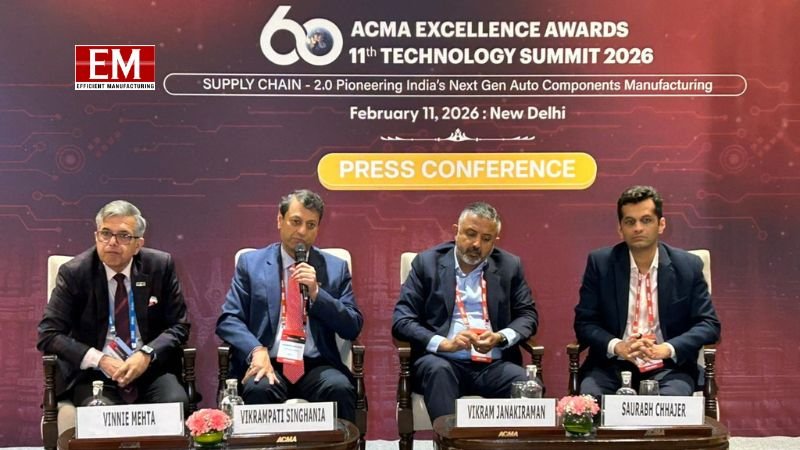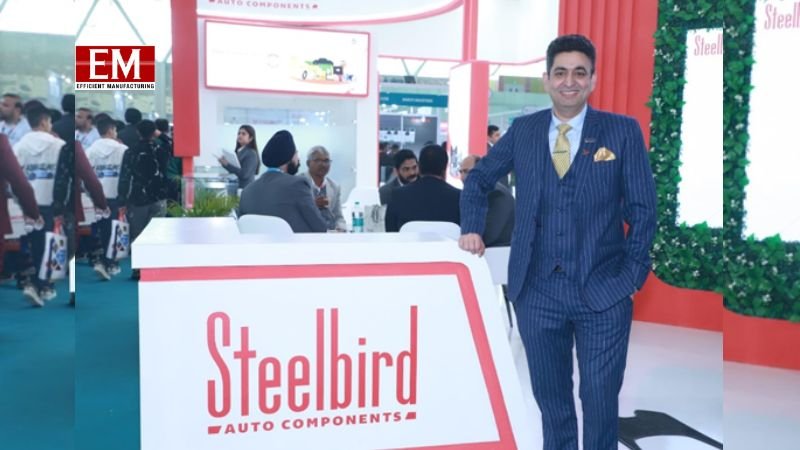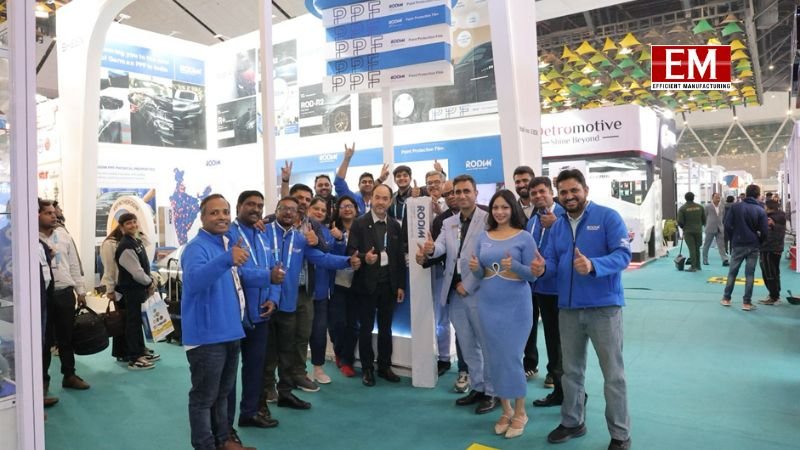| In the dynamic global race for Electric Vehicles (EVs), India is strategically positioning itself to achieve self-reliance in this transformative industry. As nations worldwide develop policies to foster the EV ecosystem, India is focusing on efficient and eco-friendly manufacturing processes, with cost-effectiveness as the cornerstone of its mission. This strategic approach is crucial for encouraging widespread adoption of clean mobility, aligning with the global push towards sustainable transportation.
Mourya Sunkavalli,
Founder & MD
Altmin
Presently, 99% of Indian EV manufacturers, spanning two-wheelers, three-wheelers, and four-wheelers, rely entirely on imports for cells and battery packs, with China being the primary source, followed by other Forest countries.
China’s dominance in cell and battery pack exports, valued at approximately $10 billion, poses a significant challenge. Recent moves, such as the halt in graphite exports, highlight the potential risks of dependency on a single source. India, being in the nascent stages of its EV revolution, must act now to prevent potential monopolies that could lead to price explosions and hinder adoption, a challenge echoed in global EV markets.
Globally, the EV market is witnessing considerable buoyancy, with every player in the value chain gearing up to embrace this tectonic shift in technology. The International Energy Agency (IEA) reports a surge in global EV sales, projecting that by 2030, electric cars could make up 30% of all vehicles on the road.
The key strategy involves reducing the cost of EVs by making India self-reliant in cell manufacturing and battery packs. A battery pack constitutes around 50% of a vehicle’s cost, and achieving self-reliance can significantly decrease this cost, making EVs more affordable not only in India but across the globe.
To achieve this goal, industry and academia must collaborate closely. India’s pool of scientific talent can play a pivotal role in developing cost-effective technologies that, when patented and shared globally, can foster fair competition and robust growth in the battery industry, subsequently driving EV industry expansion.
Scalability and adherence to strict carbon emission standards are crucial considerations for the technology. The manufacturing process must follow stringent conservation protocols to minimize waste and ensure sustainable practices, aligning with global environmental goals.
Establishing a comprehensive supply chain is essential for achieving India’s ambitious targets, including 100% EV two-wheelers and 40% EV four-wheelers by 2030. Collaboration with countries that embrace a growth mindset and supportive policies is vital for securing raw materials and fostering long-term partnerships between miners and manufacturers, contributing to the global push for sustainable energy solutions.
India’s exploration of lithium reserves and the global decrease in lithium prices offer a positive outlook for the industry. By transitioning from assembling to manufacturing key components domestically, India can play a more significant role in the global EV market, contributing to the ongoing global efforts to reduce carbon emissions and combat climate change.
Government initiatives, such as Production-linked Incentive (PLI) and Faster Adoption and Manufacturing of Electric Vehicles (FAME), provide essential support to indigenous players. The projected growth of India’s lithium-ion battery market to USD 5.03 billion in the next five years reflects the potential impact of these initiatives on both domestic and global scales.
A robust public-private partnership is crucial for the industry’s acceleration, ensuring that India’s efforts align with global sustainability goals. Timely and adequate financing channels, alongside attention to the price dynamics of lithium globally, will be essential for sustaining growth in the context of the evolving global EV landscape.
Altmin stands at the forefront of this transformative journey, advanced in LFP cell manufacturing with a first-mover advantage. With indigenously developed technology and collaboration with industry giants, Altmin aims to mitigate pricing challenges not only in India but also contribute significantly to the global EV market, driving the adoption of sustainable and eco-friendly transportation solutions on a worldwide scale.












